Showing results for appi2020 2011va 2011va api documentation appi2020 2011va
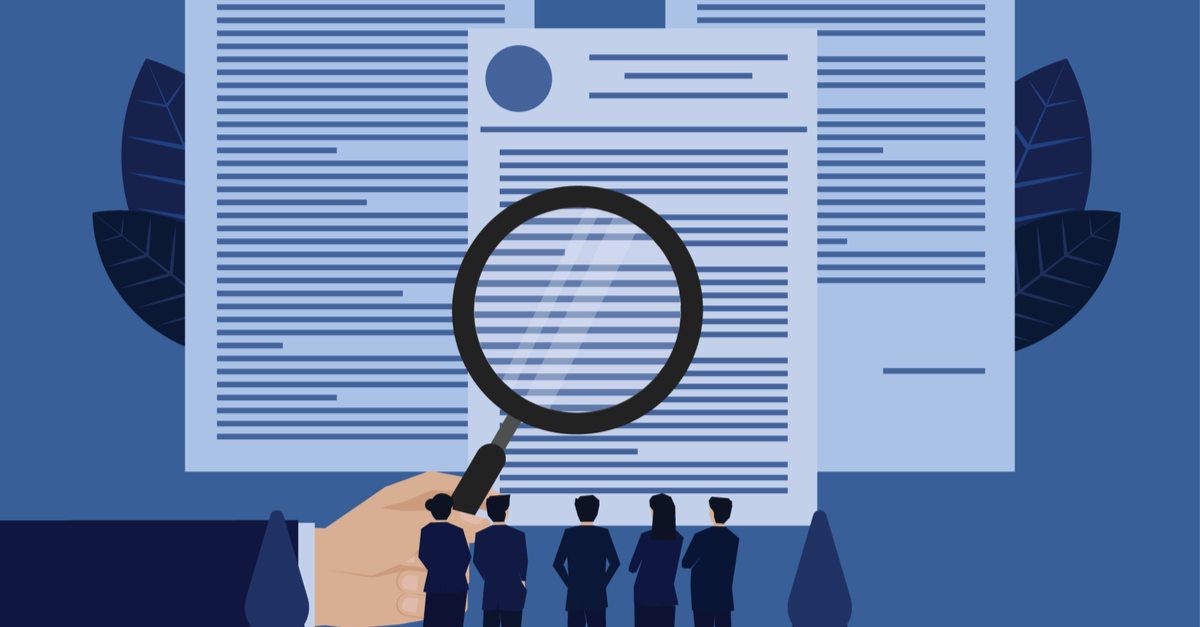
Apple & Google Update Terms for COVID-19 Apps
[…] require that the apps must be voluntary, cannot collect location information, and only gather very limited additional user information. For more information about the Apple/Google Exposure Notification API, read more about the details provided by Apple and Google. However, new App Store and Google Play terms updated by the companies also set new rules […]
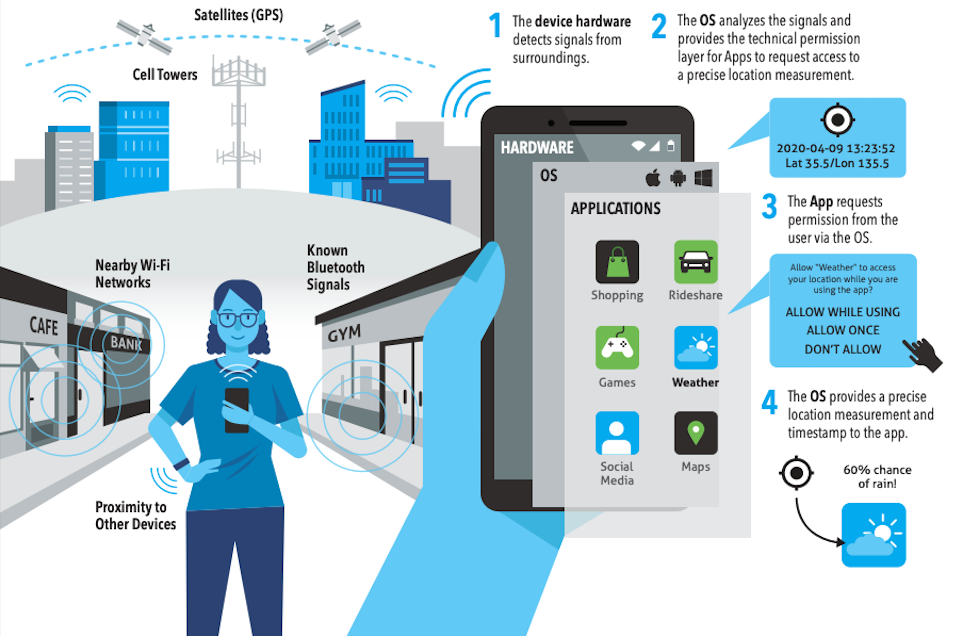
Understanding the "World of Geolocation Data"
[…] Bluetooth – to generate a precise location measurement (latitude and longitude). This measurement is provided by the mobile operating system to mobile apps through a Location Services API when they request it and receive the user’s permission. As a result, apps must comply with the technical and policy controls set by the mobile operating […]
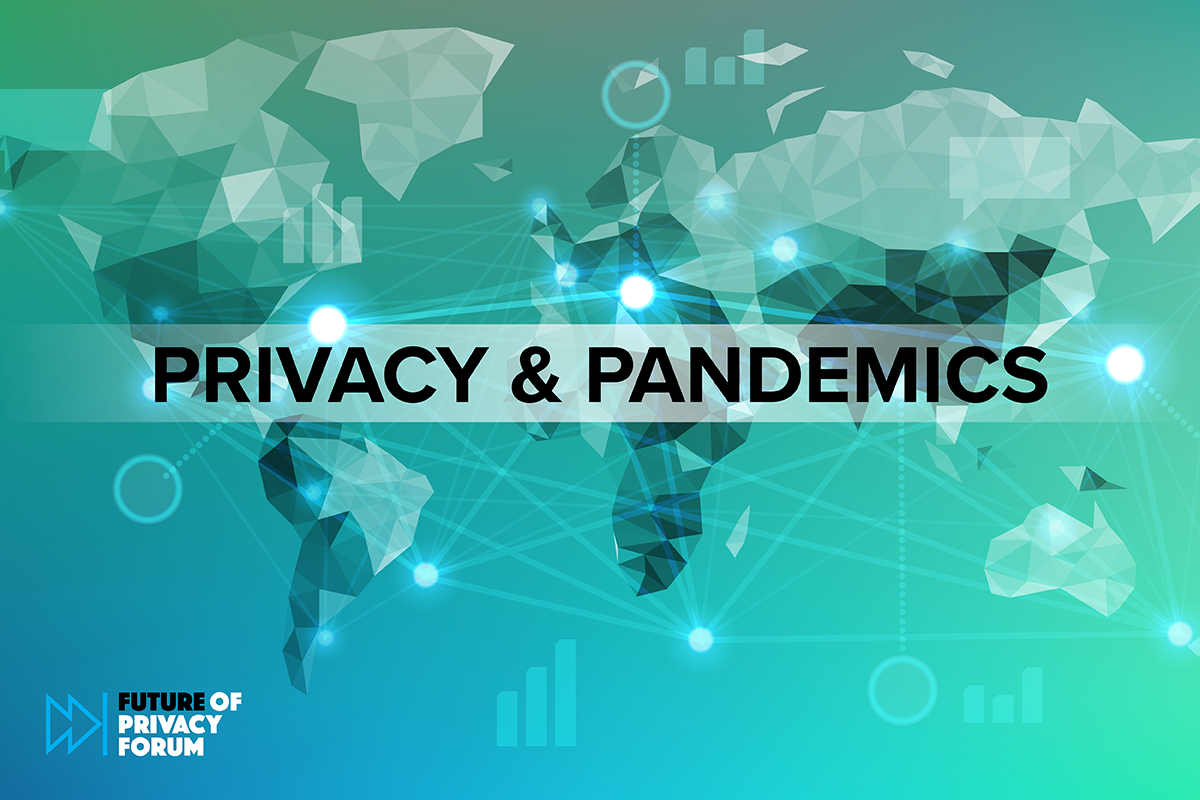
FPF CEO: Will I Install an Exposure Notification App? Thoughts on the Apple-Google API
[…] the limitation of interoperability – Bluetooth signals from Android and Apple phones could not easily be interpreted by each other. Another current interoperability problem that the Google-Apple API will solve for is that existing exposure notification apps are often not interoperable with each other. If a person downloads an app from one public health […]
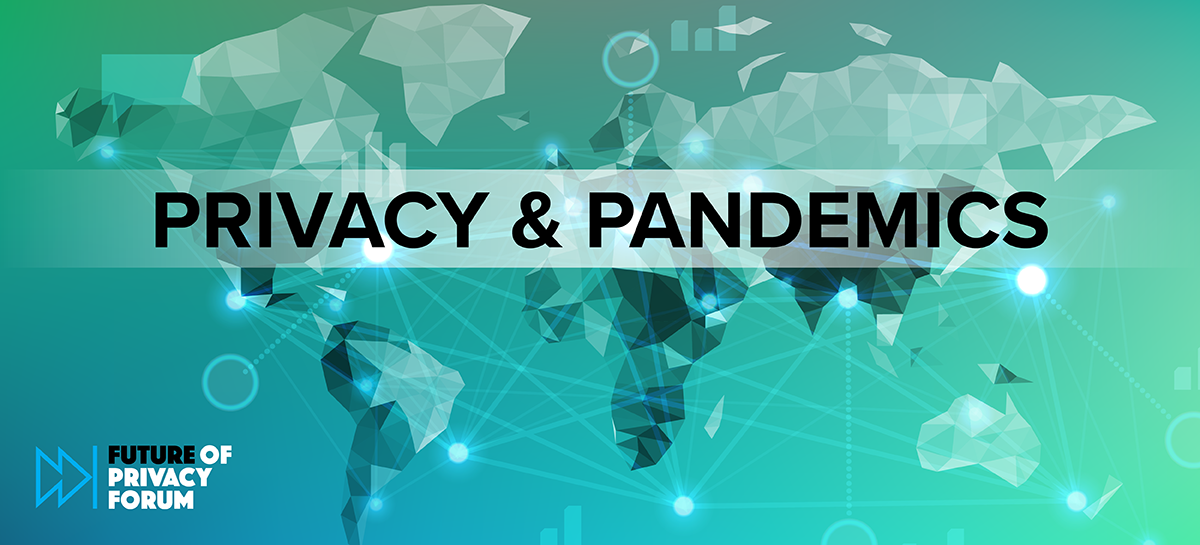
European Union’s Data-Based Policy Against the Pandemic, Explained
Benefitting from a mature and largely harmonized data protection legal framework, the European Union and its Member States are taking policymaking steps towards a pan-European approach to enlisting data and technology against the spread of COVID-19 and to support the gradual restarting of the economy. Here is an overview of key recent events essential to […]

FPF Offers New Resources on Privacy and Pandemics
Today, the Future of Privacy Forum (FPF) released a collection of new publications and resources to help governments, educators, researchers, companies, and other organizations navigate essential privacy questions regarding the response to the coronavirus pandemic. Global leaders responding to the coronavirus pandemic are increasingly relying on data from individuals and communities to analyze the virus’ […]

EDPB Draft Guidelines on Connected Cars Focus on Data Protection by Design and Push for Consent
By Gabriela Zanfir-Fortuna and Chelsey Colbert The European Data Protection Board recently published its draft Guidelines 1/2020 on processing personal data in the context of connected vehicles and mobility related applications, which are open for feedback until March 20. The EDPB writes that the main challenge for complying with European data protection and privacy laws […]

Call for Public Comments: Resources for Companies Sharing Personal Data with Academic Researchers
In June 2019, FPF launched the Corporate-Academic Data Stewardship Research Alliance, a peer-to-peer network of private companies that share the goal of facilitating privacy-protective data sharing between businesses and academic researchers. The Alliance has worked to support data sharing efforts, help address and mitigate challenges that create barriers to sharing, and promote responsible and privacy-protective […]

It’s Raining Privacy Bills: An Overview of the Washington State Privacy Act and other Introduced Bills
[…] of controller and processor under the Act), when they provide facial recognition services. Those duties include enforcing current provisions against illegal discrimination, as well as providing an API or other means for controllers and third parties to conduct fairness and accuracy tests. If such tests reveal unfair performance differences (e.g. bias based on a […]
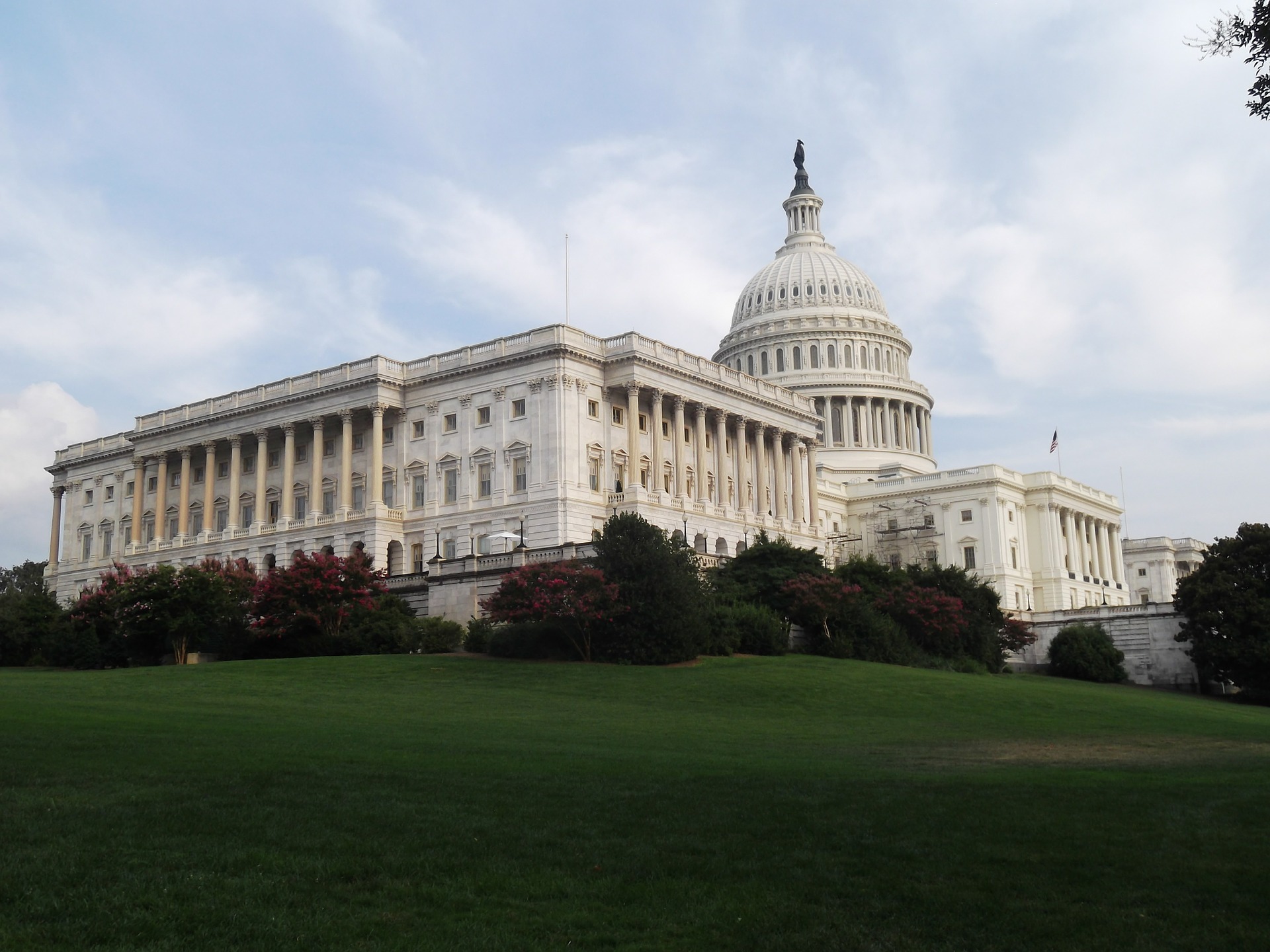
Privacy Papers 2019
The winners of the 2019 Privacy Papers for Policymakers (PPPM) Award are: Antidiscriminatory Privacy by Ignacio N. Cofone, McGill University Faculty of Law Abstract Law often regulates the flow of information to prevent discrimination. It does so, for example, in Law often blocks sensitive personal information to prevent discrimination. It does so, however, without a […]

Key Findings From the Latest ‘Right To Be Forgotten’ Cases
Case C-136/17 GC et al v CNIL – right to be forgotten; lawful grounds for processing of sensitive data Link to judgment: http://curia.europa.eu/juris/document/document.jsf?text=&docid=218106&pageInd ex=0&doclang=EN&mode=req&dir=&occ=first&part=1&cid=335023 Main issue: Four erasure requests not linked to each other and all having to do with de-linking news articles from Google search results pages, some of which contained sensitive data, were […]
